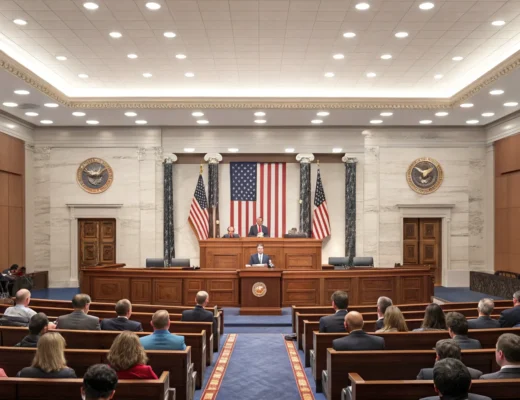Strategic Allocation of Travel Budgets
Companies are carefully examining which trips justify the expense in the current economic climate. Travel for client acquisition, relationship management, and critical business negotiations appears to remain a priority, while internal meetings and conferences face greater scrutiny. This selective approach allows businesses to maintain their presence in key markets while controlling overall costs. Many organizations have implemented more rigorous approval processes for travel requests, requiring clear business justifications and expected outcomes before trips are authorized. For companies whose employees drive for business—whether to client sites, meetings, or sales calls—it’s increasingly crucial to have strategies in place for managing travel-related risks. Corporate travel policies may also consider legal resources in case of unforeseen incidents on the road. Consulting a specialized car accident law firm in Denver can provide guidance on best practices and outline the responsibilities of both the company and its employees following an accident, ensuring that both compliance and duty-of-care obligations are met.Impact of Trade Uncertainties
The ongoing trade tensions between major economies have created a complex business environment that affects corporate travel decisions. Companies with significant international operations are particularly careful about how they allocate travel resources to different regions. Some businesses report shifting travel priorities away from markets affected by tariffs or trade disputes toward more stable regions with growth potential. Others maintain travel to affected areas but send more senior executives who can navigate complex negotiations in uncertain environments.Business travel remains an important investment for companies, but the focus has shifted to ensuring each trip delivers clear value in an unpredictable trade environment.
Technology as a Complement, Not Replacement
While video conferencing and digital collaboration tools continue to evolve, they haven’t eliminated the need for business travel. Instead, companies are using these technologies to complement in-person meetings, reducing the frequency of travel while preserving its impact for key relationships and opportunities. This hybrid approach allows businesses to maintain connections with clients and partners worldwide while being judicious about when physical presence is truly necessary. Many organizations now reserve travel for relationship-building phases and critical negotiations, while handling routine follow-ups virtually.Expense Management Gets Smarter
Beyond deciding which trips to approve, companies are also becoming more sophisticated in how they manage travel expenses. This includes:- Consolidating travel vendors to negotiate better rates
- Implementing advanced expense management systems that track spending patterns
- Setting clearer guidelines for acceptable travel expenses
- Encouraging cost-conscious behaviors without compromising business effectiveness







